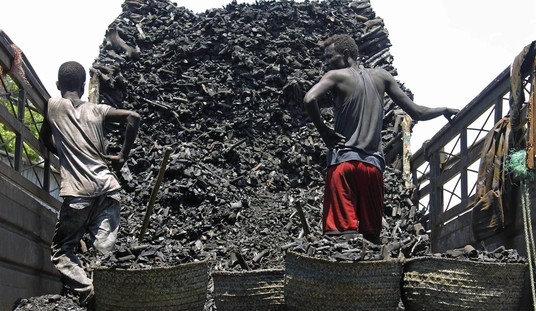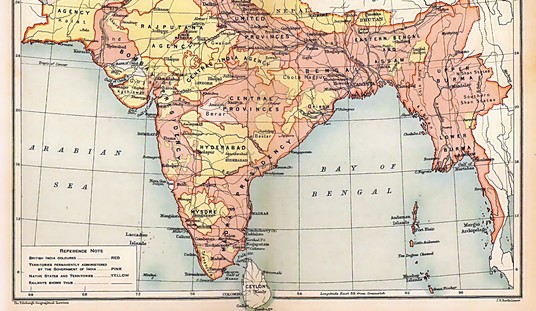The chief of staff of the Army warned yesterday that America must not only be prepared for uncertainty in the Middle East but also needs to understand the dynamics before plunging in.
Gen. Ray Odierno told an audience at the American Enterprise Institute yesterday that the strategic guidance will “rebalance to the Asia-Pacific.”
“But right behind that very closely is continue to maintain stability in the Middle East. And so obviously it’s an important mission. And as you said, you know, there’s — I talk quite often there’s incredible uncertainty right now, and a lot of it is in the Middle East; probably the most uncertain I’ve seen it in my time in the service,” he said.
Odierno said the region must be watched carefully and the chiefs need to be ready to rebalance “depending on what we’re asked to do.”
“As we look in the Middle East today, everything to each other is related, and I think sometimes we look at — when we look at Syria, we look at what’s going on in Egypt, we look at what’s going on with Iran, and to me, they’re all somewhat interconnected. Nothing happens in the Middle East not being connected to each other. And so we have to watch it very, very carefully,” he said.
“I think it’s — as we look ahead, we have to watch — one thing I don’t want to do is make the mistake we made, I’d say, back in 2003, not understand what we were getting involved with. So, as an Army, one of the things I’m absolutely focused on is making sure our leaders, as we prepare ourselves, understand the social, economic and other factors involved within the Middle East, because they are quite complex. They are quite difficult. They are quite difficult to understand.”
Defense Secretary Chuck Hagel’s overdue Defense Strategic Choices and Management Review is supposed to be revealed — at least parts of it — this week.
“And for me, as we prepare, that’s one of the most important things we need to do, is to make sure we understand what’s going on in Syria, what’s going on and the impact on Israel, the impact on Lebanon, the impact on Iraq, the impact that Egypt could have on the rest of the Middle East. We’re still looking closely at Tunisia and what impact that can have. And Libya is another one that we’re looking at very carefully. All of these things we have to look at very carefully,” Odierno continued.
“And, you know, one of the things that I worry about is, you know, this precursor to this Sunni-Shia fight that we see going on across the Middle East, and what does that portend for the future. And we’ve got to be very understanding of that and be prepared. And so we think about that a lot. We are training to understand that better. And we will maintain the capability, if necessary, to conduct high-end operations if we’re asked.”









Join the conversation as a VIP Member